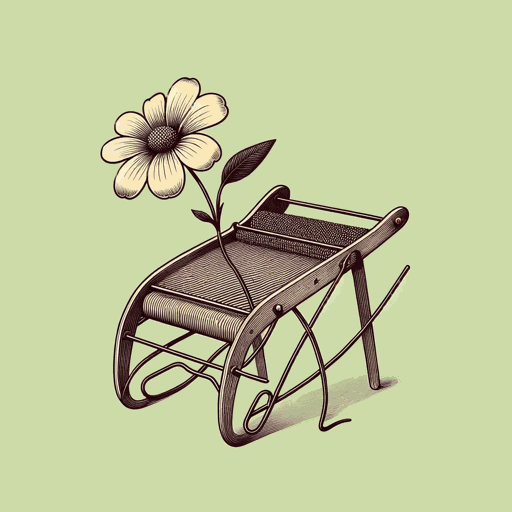46 pages • 1 hour read
Tera W. HunterTo ‘Joy My Freedom: Southern Black Women’s Lives and Labors after the Civil War
Nonfiction | Book | Adult | Published in 1997A modern alternative to SparkNotes and CliffsNotes, SuperSummary offers high-quality Study Guides with detailed chapter summaries and analysis of major themes, characters, and more.
Themes
Racial Repression and Resistance
One thread that Hunter traces throughout her work is the relationship between racial repression and resistance as African Americans and whites renegotiated their relationship after the emancipation of slaves. Hunter’s account focuses on how this contest for power changed most particularly when it came to labor and leisure.
In terms of labor, working-class black women pushed back against the historical legacy of slavery, which defined black women as workers only. Hunter points out that even during slavery, African-American women slaves thwarted efforts to define them as mere working bodies. They engaged in seemingly harmless activities such as dressing themselves in their owners’ clothes, refusing to work, or doing work poorly. During slavery, whites had every expectation that they would set the terms for their slaves’ work because they had the force of law behind them. With the advent of freedom, African-American women engaged in increasing resistance against white efforts at repression, with varying degrees of success.
In Atlanta, the complicated interactions between resistant black women and repressive white employers focused primarily on black domestic workers because most working-class black women (as high as 90 percent plus in some moments) worked in this area. Whites likely assumed that they could dominate the relationship because these negotiations took place in white homes, there were few other employment opportunities for African-American women, and they frequently had the law on their side.

